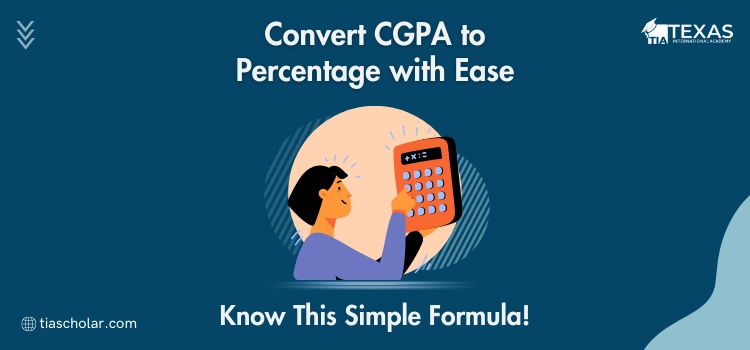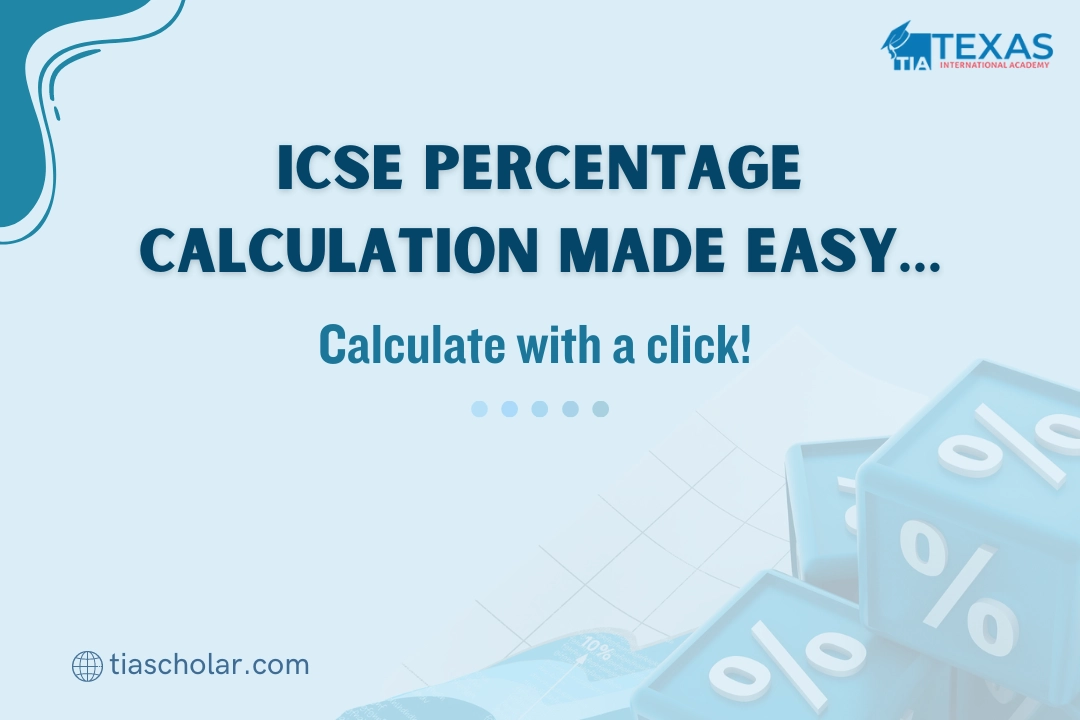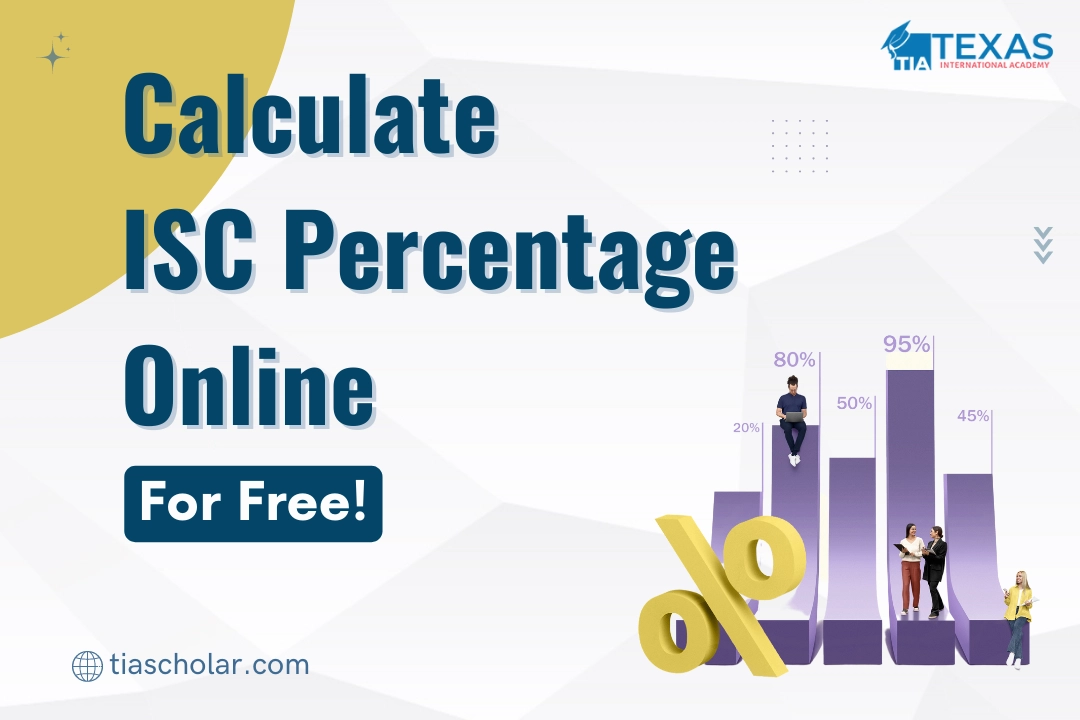
The process of Converting CGPA into a percentage is pretty straightforward. Just multiply your CGPA by 9.5 and consider the result as the percentage. This formula is valid when the CGPA is awarded on a scale of 1-10, which is the case for most of the academic institutions in India. However, the CBSE grading system is quite interesting and let’s understand the concept and its conversion on a deeper level.
What is CGPA?
The full form of CGPA is Cumulative Grade Point Average, and it is a type of grading system that was first introduced in 1972 by William Farish, a professor at Cambridge University. CBSE adapted this grading system from the academic year 2009-2010, and it was first introduced in 2012 in Telugu states only for the tenth standard and not for intermediate education. CGPA grading system is usually awarded on a scale of 1 to 10 in most academic institutions in India, whereas American universities and colleges award grades on a scale of 1 to 4.
CBSE Class 10th and 12th CGPA to Percentage Conversion
Central Board of Secondary Education adopted this method of grading system from the academic year 2009-2010, and here also, students will be awarded grades on a scale of one to ten for each subject. Then, all the grade points will be added and divided by the total number of subjects which gives the CGPA.
To Convert CBSE Class 10th or 12th CGPA to a Percentage, just multiply your CGPA with the standard CGPA multiplying factor of 9.5 to obtain the percentage. This formula is mentioned on the official website of CBSE, and hence it will be considered valid for your higher education admissions.
An important point to note over here is even if you score ten out of ten CGPA, the maximum percentage that you can expect is 95%. It’s because the CGPA multiplying factor is decided as 9.5 by the Central Board of Secondary Education, and hence a maximum CGPA of 10, when converted into a percentage, will result in 95%.
What is SGPA, and What is the difference between CGPA and SGPA?
SGPA stands for Semester Grade Point Average and is used to assess the performance of students for a particular semester. On the other hand, CGPA is helpful in understanding performance in an academic year or the entire course. We will be discussing calculating and converting CGPA in-depth, but before that, let’s briefly understand how to calculate SGPA.
Calculating SGPA:
Multiply the GPA and Credit Points of each individual subject for a particular semester separately for all subjects. Now add all the results and divide the final aggregate by the total number of credits you earned for that semester, and then end result would be your Semester Grade Point Average(SGPA).
This might sound a little confusing. So, let’s try to understand with the help of an example.
| Credit Score | Grades | |
|---|---|---|
| Subject-1 | 7 | 9 |
| Subject-2 | 5 | 6 |
| Subject-3 | 6 | 8 |
Let’s multiply the credit points obtained in each subject with the grade points separately for each subject.
Subject-1: 7×9= 63
Subject-2: 5×6= 30
Subject-3: 6×8= 48
Total= 141
Total Credit Points = 18
Now, it’s time to divide the result obtained by the total credit points earned in that semester to calculate SGPA.
SGPA = 141/18 = 7.83
Calculating CGPA from SGPA:
If you want to calculate CGPA from SGPA, first you need to have the data of all the SGPA of all the semesters, and then we can derive CGPA from it.
CGPA = (Sum of SGPAs in all Semesters/ No. of Semesters)
For example, if you have achieved an SGPA of 9.3 in semester three and 9.5 in semester four, then your CGPA for that academic year would be (9.3+9.5)/2, which results in 9.4.
Telangana Class 10th CGPA to Percentage Conversion
Until 2012, there was no CGPA system in Telangana for the tenth standard. It was in 2012 for the first time the CGPA system was introduced in the united Andhra Pradesh, and it continues to exist till now in Telangana, where the present day Andhra Pradesh has reverted to the previous method of awarding marks in the tenth board exams.
Let’s look at how CGPA is awarded in Telangana State Tenth Board Exams.
| Marks | Marks(for Second Language) | Grade Points | Grade |
|---|---|---|---|
| 92-100 | 90-100 | 10 | A1 |
| 83-91 | 80-89 | 9 | A2 |
| 75-82 | 70-79 | 8 | B1 |
| 67-74 | 60-69 | 7 | B2 |
| 59-66 | 50-59 | 6 | C1 |
| 51-58 | 40-49 | 5 | C2 |
| 43-50 | 30-39 | 4 | D1 |
| 35-42 | 20-29 | 3 | D2 |
| <35 | <20 | Fail | E |
Let’s understand with an example. Consider the grades obtained by a class 10th student of Telangana from the table below.
Example for Telangana SSC Board Exams- CGPA
| Subject | Score | Grade | Grade Points |
|---|---|---|---|
| Telugu | 91 | A2 | 9 |
| Hindi | 90 | A1 | 10 |
| English | 93 | A1 | 10 |
| Mathematics | 95 | A1 | 10 |
| Science | 91 | A2 | 9 |
| Social Studies | 78 | B1 | 8 |
To calculate CGPA for Telangana SSC board examinations, we need to add all the grade points from individual subjects and divide the result by the total number of subjects which is nothing but six. For the above example, the CGPA would be 9.3. Even though exact marks won’t be revealed, we can find an estimate of the percentage by multiplying the CGPA with a standard CGPA multiplying factor of 9.5. By doing so, we get the 88.35%.
Why should students convert CGPA to Percentage?
After finishing class twelfth, when students apply for admission into undergraduate admissions, different universities ask for your class twelfth scores in different ways. In the entry criteria, some universities mention the minimum required scores in grade points and some in percentage. To avoid confusion in such cases, it’s advised to be aware of your scores in both CGPA and percentage and use them accordingly wherever it’s needed.
CGPA to Percentage conversion for abroad UG admissions:
If you are a study abroad aspirant, you should definitely know how to convert your CGPA into percentages, how to find the average of the best four subjects, etc. Why because, when you research the websites of the universities abroad for the entry criteria, some mention the minimum score in grade points, some in percentage. Some universities specify that they should have obtained a specific percentage minimum in Mathematics to be eligible for pursuing a particular course. For example, 90% minimum in Mathematics for applying to engineering programs, etc. Hence, it’s crucial for overseas education aspirants to be aware of these kinds of things to grab better opportunities.
FAQs:
No, CBSE follows an alphabetical list of grades and declares the final result as CGPA, which students can convert into percentages by multiplying it with 9.5, which is CGPA multiplying factor. Whereas ICSE calculates the percentage of the best five subjects in which English Language and Literature is a mandatory subject.
This 4.0 GPA system is popular because of the educational institutions in the USA where the highest grade is 4.0, and this grade is awarded for a score of 93 to 96, and it may vary slightly for different institutions.
To convert a CGPA which was calculated on a scale of ten, into a CGPA on a scale of four, simply divide your current CGPA by ten and multiply it by four.
Simple, to get CGPA from percentage, just divide the percentage by 9.5, and it will be converted to CGPA. In this case, 87/9.5= 9.2. So, we can estimate an approximate CGPA of 9.2.
As discussed earlier in this blog, to convert CGPA into a percentage, we take the help of the CGPA multiplying factor(9.5). Hence, 8.2X9.5 is approximately 77.9%.








